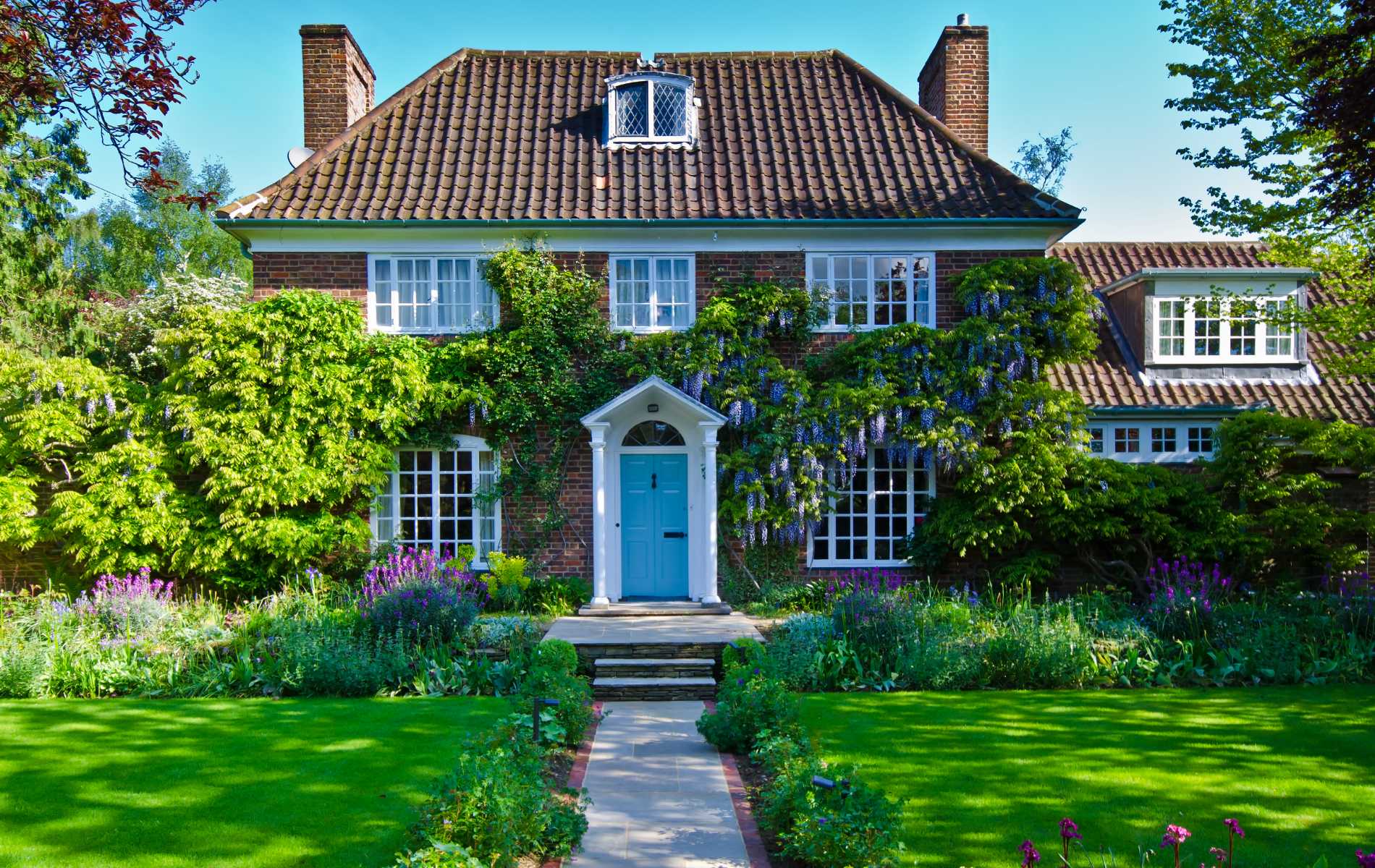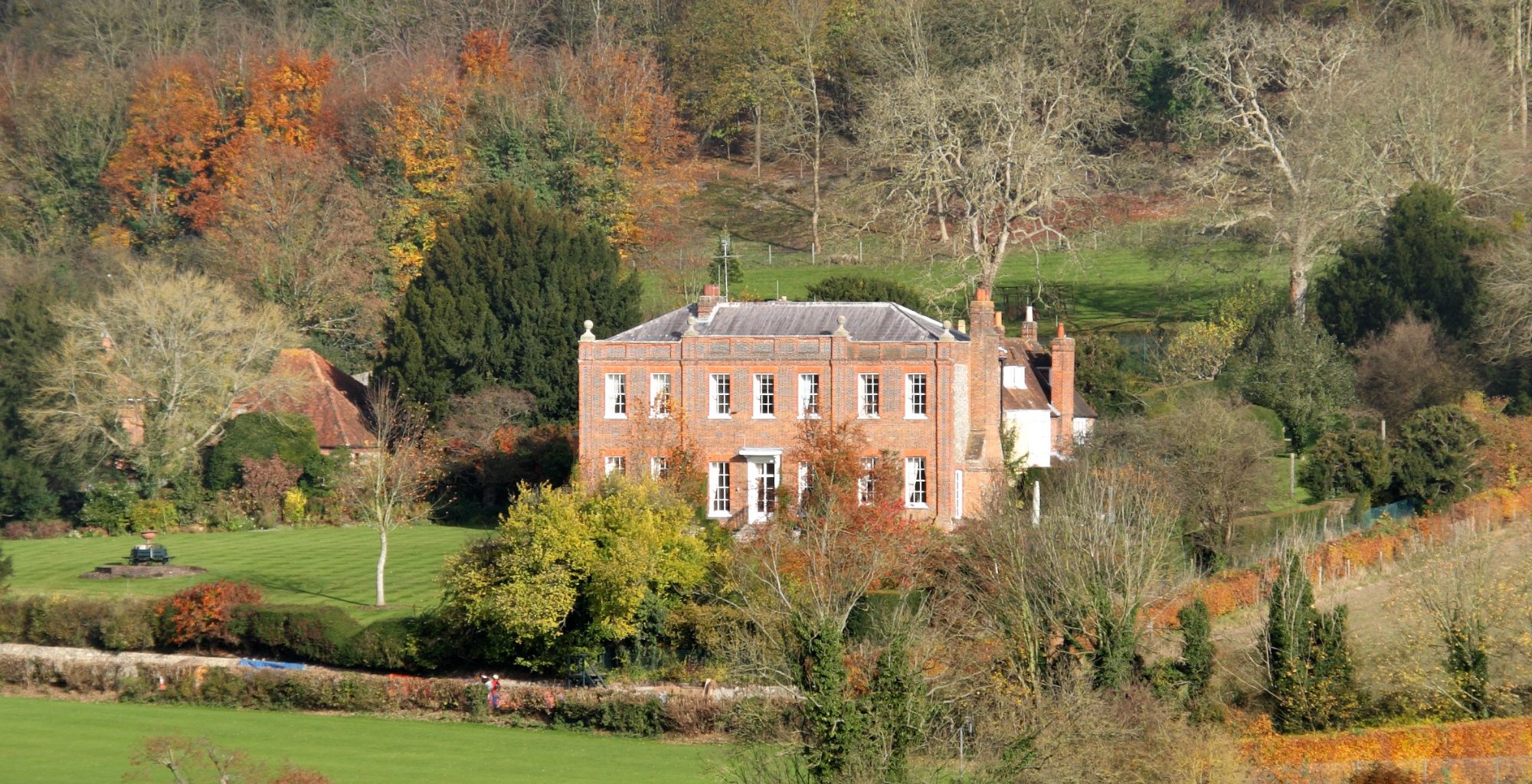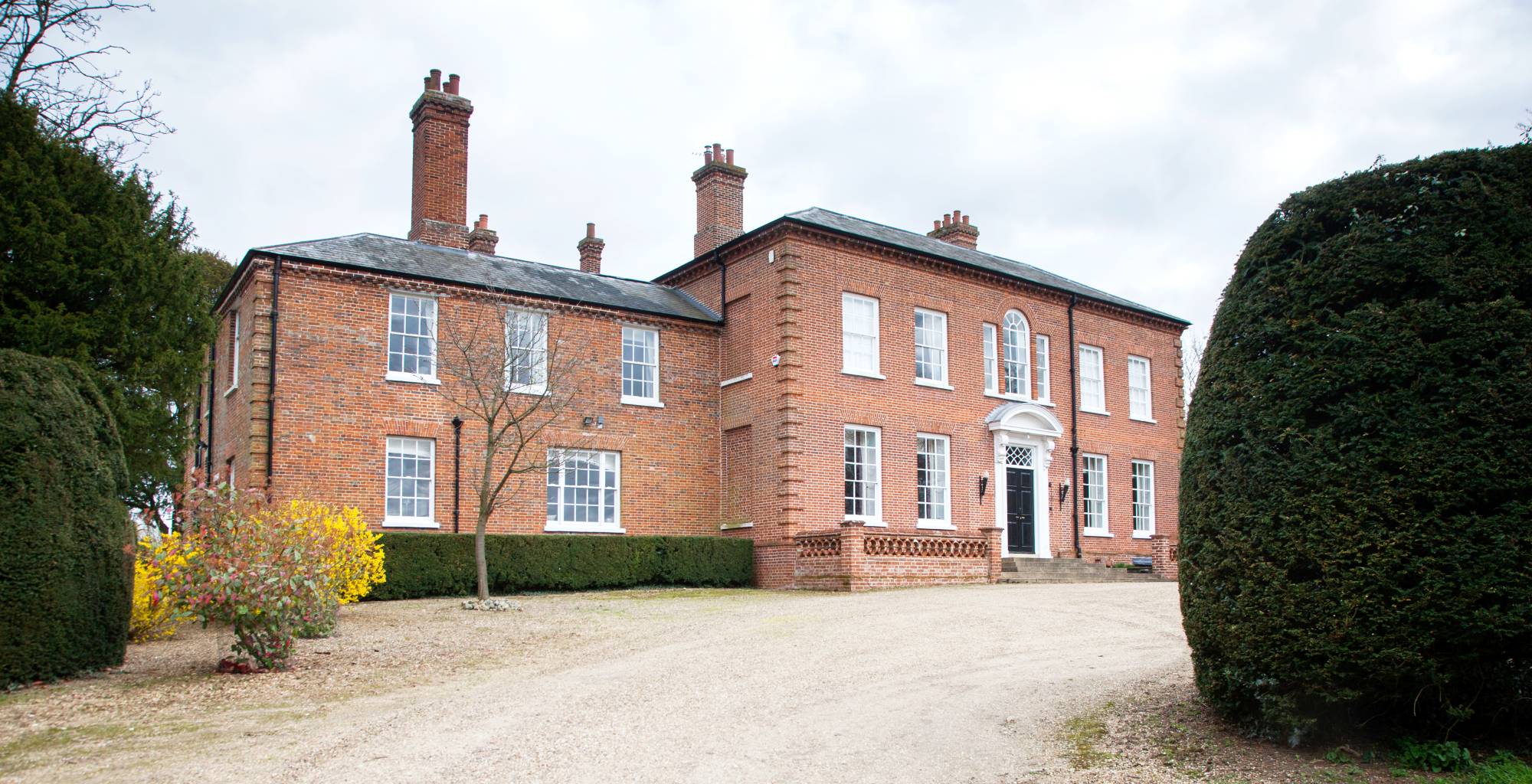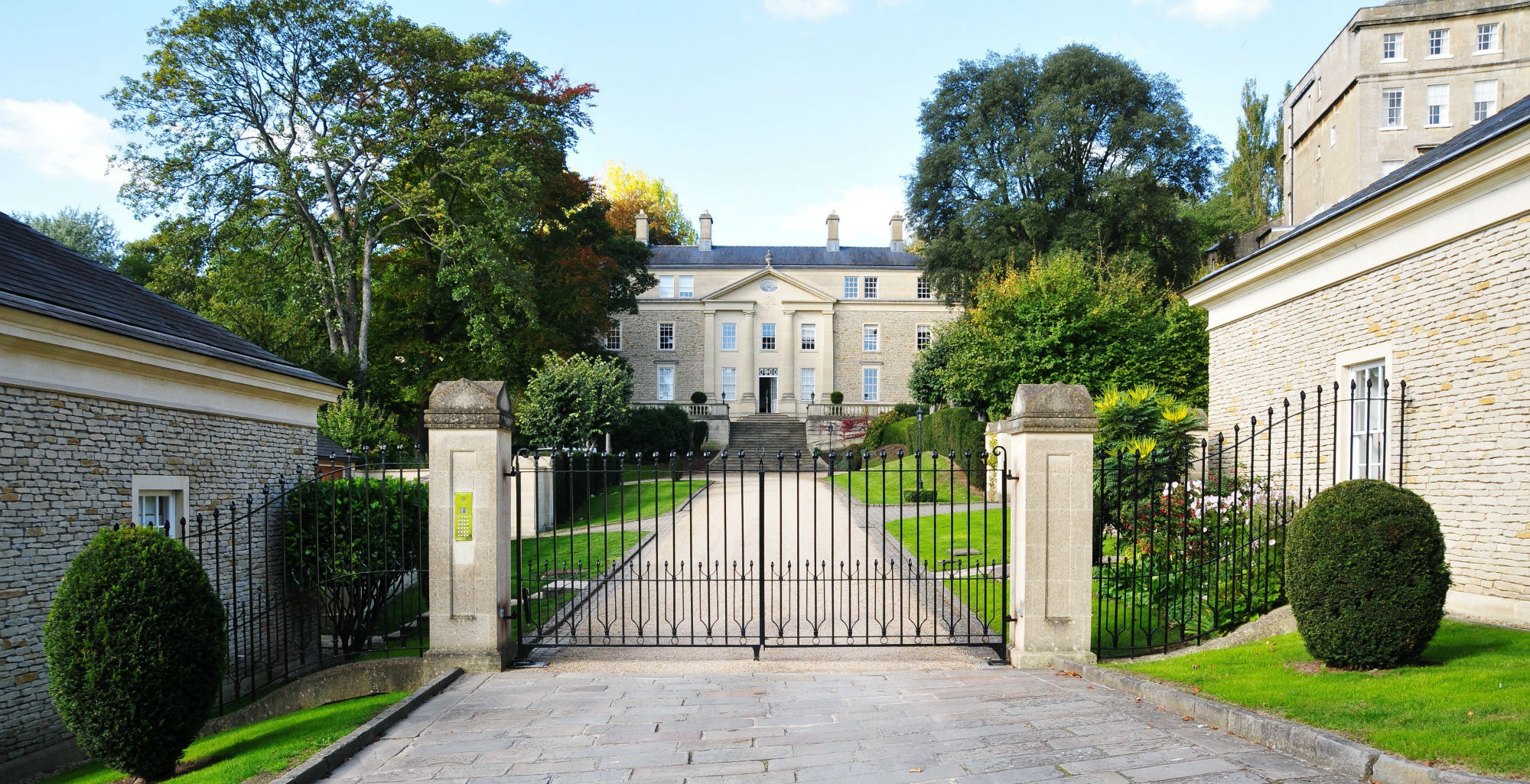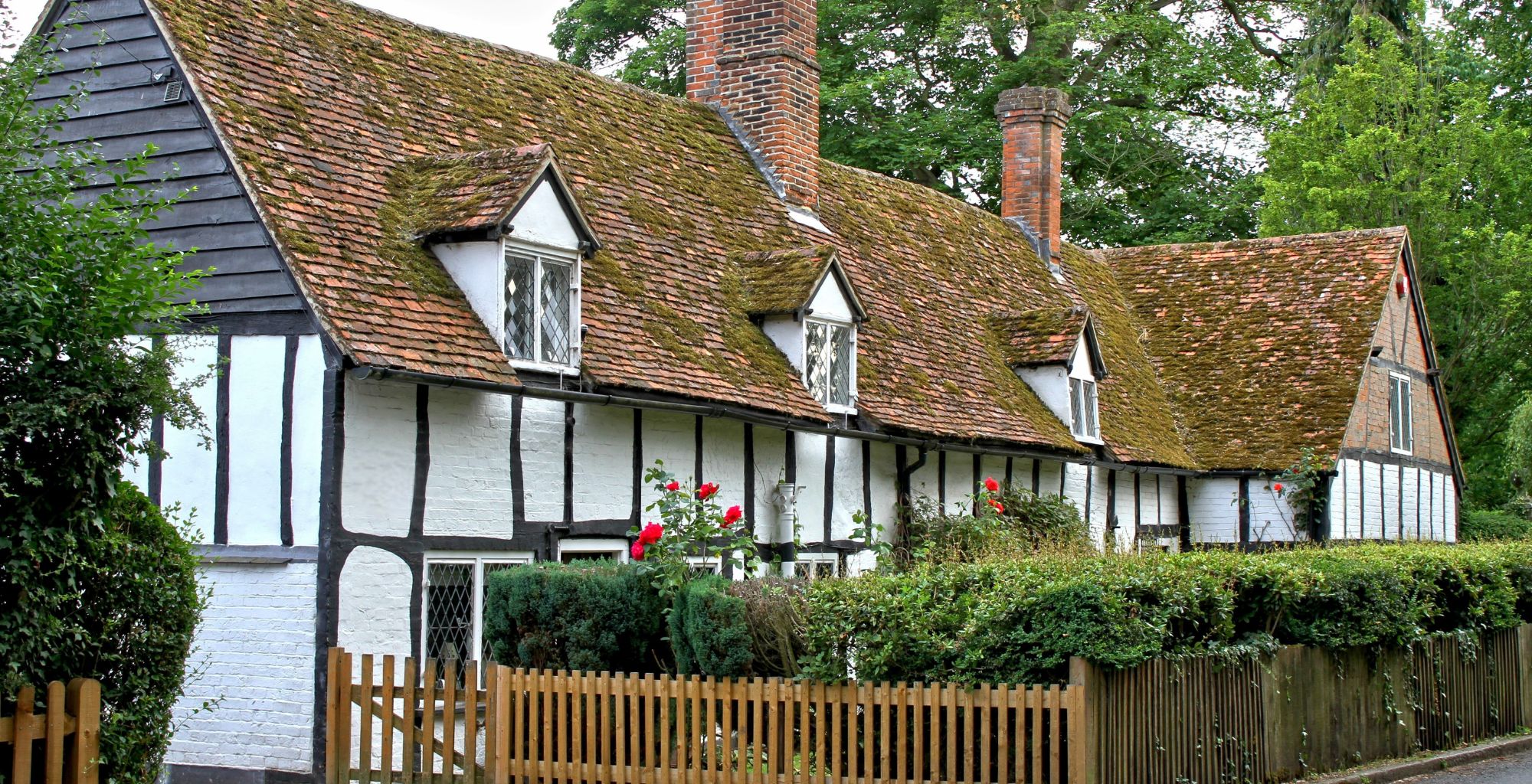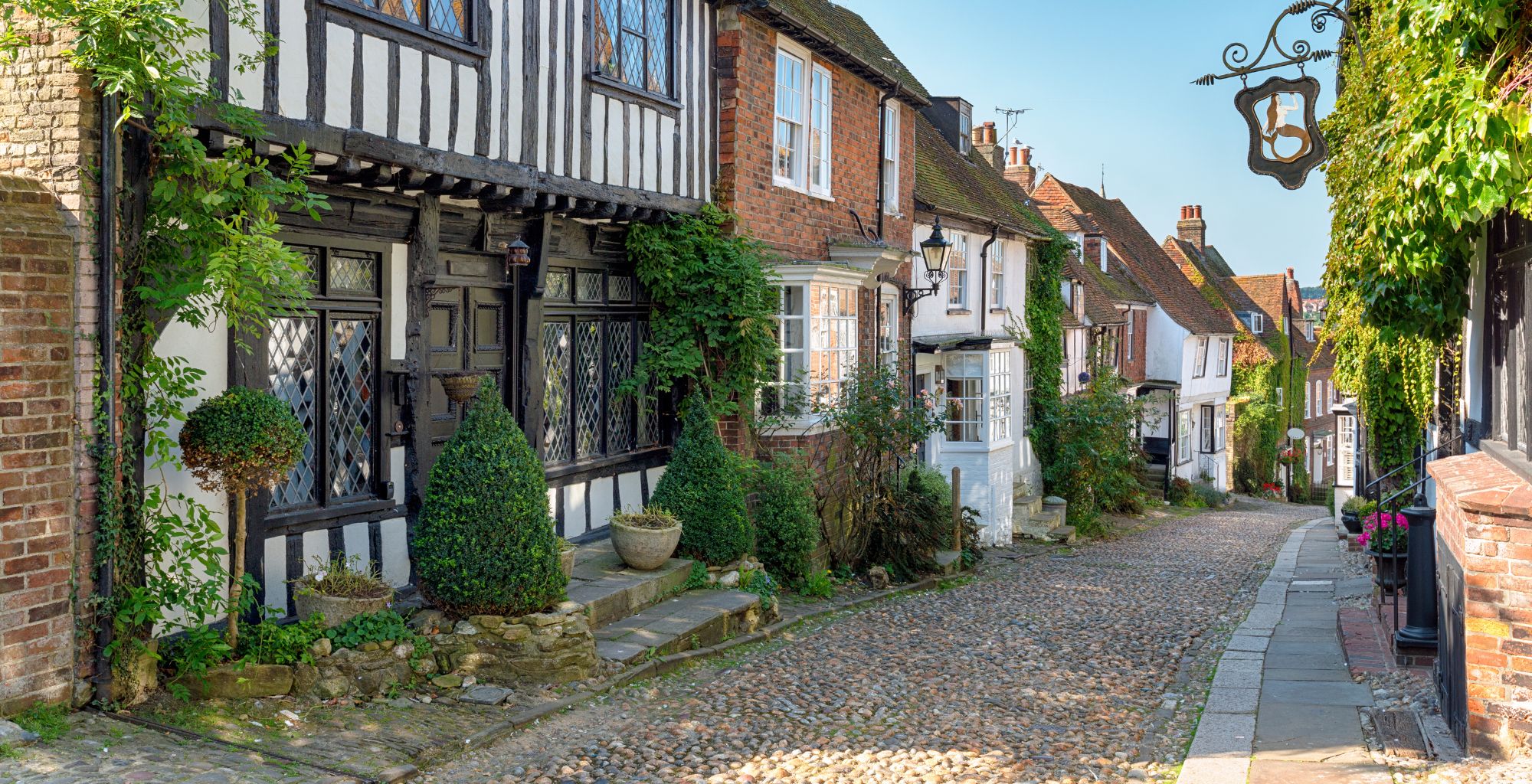As one of the most popular home counties, with so many locations that offer more than simply an easy...

House price negotiation: Expert tips for securing your next home
House price negotiation can be a contentious point in any purchase but to move forward with a transaction it is a hurdle that must be overcome.
After what may have been an extended period of searching for a home to buy, once you’ve found ‘the one’, you’ll likely be wondering whether you should put in a high offer in order to secure it without negotiation or make a lower offer and risk being unsuccessful?
In this blog, we highlight the varying factors that buyers will face, the most common questions asked and the steps to take when negotiating on a property.
Stages of house price negotiation
Since the start of 2024, the UK property market has seen increased activity, but conditions remain favourable for buyers. It’s essential for buyers to do thorough research, negotiate effectively, and use strategic language to enhance their position when making an offer and entering into house price negotiation.
Opening negotiations
Before submitting an initial offer, it’s important for buyers to establish the maximum price they are prepared to pay.
Correctly calibrating an offer can potentially save thousands of pounds and can make the difference between securing a desired property and missing out.
Negotiation requires a blend of preparation, pragmatism, and psychology, and successful offers are those that have been carefully considered.
How much should you offer?
Setting a clear budget is critical, and buyers must be willing to walk away if the seller is not prepared to lower the price to a level within their budget.
Negotiating a discount on a home that remains unaffordable is futile, and in such cases, walking away may be the better option.
It is also important not to view the asking price as a reflection of true value.
The asking price represents the seller’s expectation rather than the property’s actual worth, and following the price declines of 2023 in various parts of the UK, buyers may need to approach listed prices with caution.
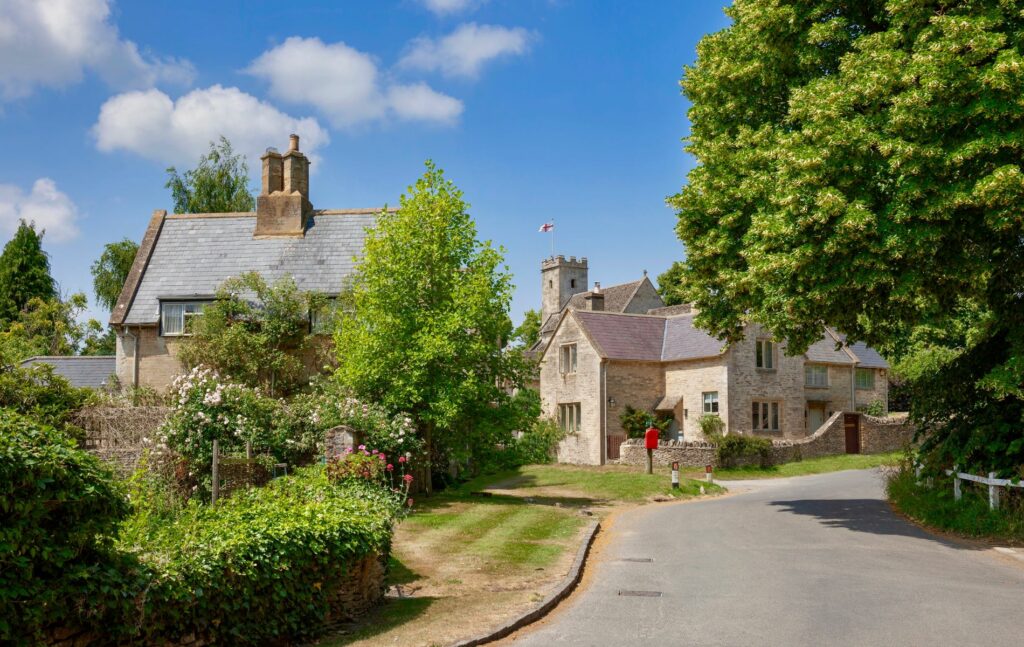
Making a first offer
When making the first offer, it’s not always necessary to aim for a significant reduction from the asking price. Properties can be priced competitively, taking into account factors such as market conditions.
A first offer should be seen as the beginning of negotiations, and if it is rejected, buyers should not automatically increase their offer. Instead, they should request a counteroffer from the seller to keep negotiations open.
In some cases, particularly when the property has been on the market for a long time, a buyer may benefit from waiting.
By signalling continued interest while delaying further offers, buyers may encourage a more favourable response from the seller.
What to include in an offer
It’s important to present a comprehensive offer that includes more than just a price. Buyers should emphasise factors such as their readiness to proceed, flexibility on completion dates, and any expectations around fixtures and fittings.
Demonstrating that they are prepared, committed, and capable of moving quickly will strengthen their position, especially if they are chain-free or have financing already in place.
This approach not only increases the chances of success but can help buyers secure the best possible deal in a competitive market.
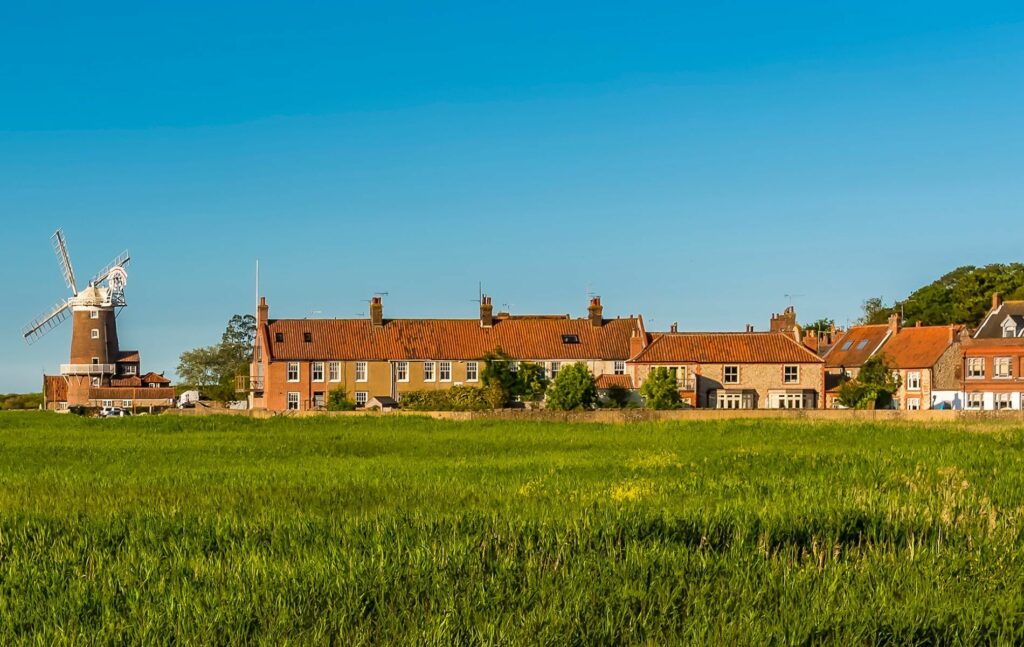
Is it worth negotiating on a house price?
The UK property market has been incredibly active in recent years, and this might leave some wondering if it is worth negotiating on a house price at all?
A little research into the local property market, taking a closer look at recently sold properties, and even talking to the selling agent for examples of sales that are yet to be reported on Land Registry can uncover whether the asking price of a property is fair.
In certain cases where a property may have been on the market for some time, and where the asking price seems inflated it might be appropriate to negotiate.
In other situations where the property is priced fairly or that there is considerable interest in the property you might want to make a stronger initial offer in order to demonstrate your seriousness.
Should you offer below or over asking price?
Buyers typically ponder whether they should offer below or above the asking price when taking the first steps in house price negotiation. It is entirely a case-by-case scenario.
As mentioned above, conducting research into local market trends, and recently sold nearby comparable properties will provide insight as to whether you should offer below or over asking, or even offer the exact asking price in a bid to secure the property.
Of course, emotion will play a part, especially when you’re negotiating to secure your once-in-a-lifetime dream home, it is for this reason that discerning buyers will turn to a professional property finder who can provide greater market insight and impartial advice.

What does guide price mean?
The guide price offers buyers insight to the rough figure a seller would like to achieve, when compared to asking price – which usually indicates the exact figure the seller would like for their property – a guide price suggests there is a little more leeway.
Buyers will also encounter terms such as OIEO, meaning Offers in Excess Of or Offers Over, both meaning that a potential buyer should only enter a price above the figure listed.
What can estate agents say about offers?
When entering into house price negotiations, a buyer can wonder what an estate agent should or can disclose.
It goes without saying that estate agents should not lie about offers made on a property. All estate agents will follow a code of practice as part of their membership of consumer redress schemes.
For example, the Property Ombudsman’s Code of Practice for Residential Agents clearly states: By law you must not misrepresent or invent the existence, or any details, of any other offer made or the status of any other person who has made an offer.
If a buyer believes an estate is lying about offers, they can contact Trading Standards to investigate.
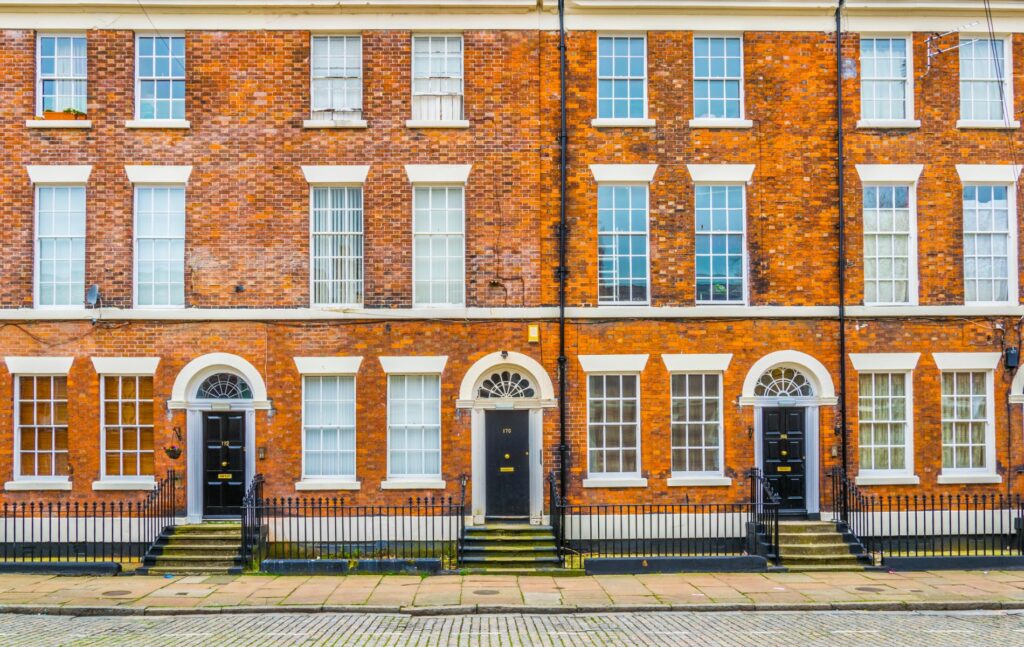
What is the best way to negotiate a house price?
The best way to negotiate on a house will be highly dependent on the pace at which the local property market is moving and the popularity of the property you are hoping to buy.
There are a few steps buyers can take to improve their chances of success:
- Know the local market: We’ve mentioned this point several times in this article because it is critical to a buyer’s success but also incredibly important to avoid overpaying.
- Consider the vendor’s position and plans: Is the seller looking for a fast sale or for a buyer who’s willing to be flexible on timings? When negotiating it’s not always just the price that counts so knowing the vendor’s forward plans is useful when putting an offer forward.
- Put yourself in a strong position: Consider using a buying agent.
How to put an offer forward
House price negotiation does not always solely revolve around the amount offered; other factors can be just as influential in a seller’s decision.
From proposed exchange and completion dates to additional sums for fixtures and fittings, together with a buyer’s position, financing, and back story.
A property sale can be incredibly personal and all seller’s motivations to move are different.
Put any offer forward in writing, supported by a phone call to confirm receipt.
Estate agents now often have their own forms they wish buyers to complete when offering.
House price negotiation
A property finder can provide professional help when negotiating on a property and put their client in an advantageous position when securing the desired property.
Offering private client’s impartial advice, providing them with market insight and detailed research ensuring they can make a well-informed decision.
If you would like to explore the services a professional property finder offers to their private clients, our team would be delighted to speak with you – get in touch, without obligation.
